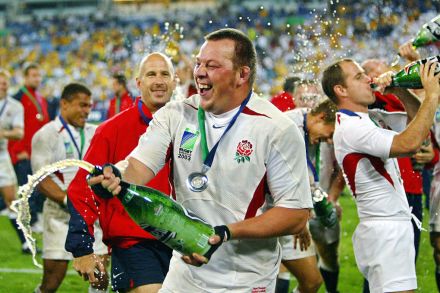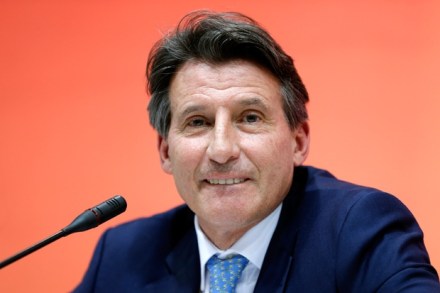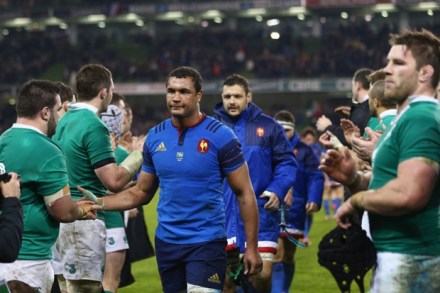The truth about rugby is hard to admit for fans like me
The Six Nations begins today, bringing joy into the hearts of millions of rugby fans. It will, as ever, be a predictably unpredictable tournament – there are always upsets – which will showcase great athletic skill, close teamwork and raw physical courage; and like the first snowdrops, it is one of those reliable harbingers of spring guaranteed to lighten the gloom of cheerless February days. But this year, hovering in the background, is a spectre at the feast; the fast-accumulating evidence that rugby is a danger to the players’ health and well-being. The truth is that many rugby spectators, who love the game, end up feeling guilty. Celebrating a huge













